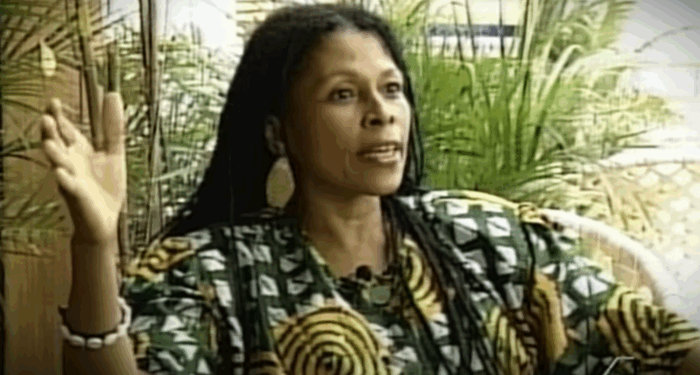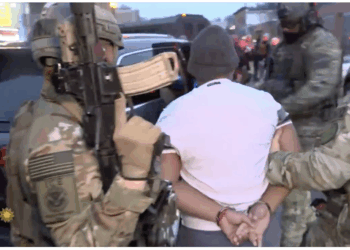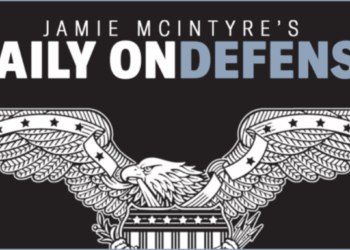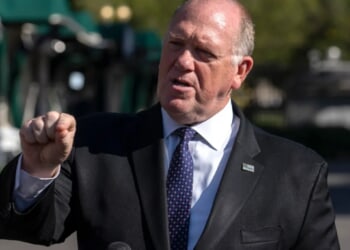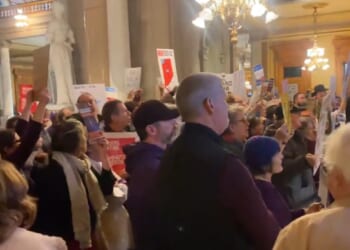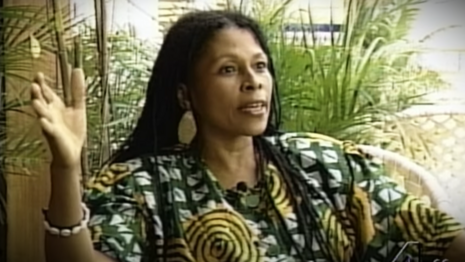 The New York Times reported on the death of convicted cop killer Assata Shakur, but remembered her now as a “Convicted Revolutionary.” The Black Liberation Army extremist was convicted for the murder of state trooper Werner Foerster in a 1973 shootout. She broke out of prison in 1979 and sought refuge in communist Cuba, where she died.
The New York Times reported on the death of convicted cop killer Assata Shakur, but remembered her now as a “Convicted Revolutionary.” The Black Liberation Army extremist was convicted for the murder of state trooper Werner Foerster in a 1973 shootout. She broke out of prison in 1979 and sought refuge in communist Cuba, where she died.
But the prize for praising a cop killer went to….National “Public” Radio. Their obituary/appreciation on Friday night was headlined “Black liberation activist Assata Shakur has died at 78.” They called her a “towering figure.”
AILSA CHANG, HOST: For decades, Assata Shakur has been a towering figure in American movements for black liberation and racial justice. Since the 1970s, she’s also been one of the country’s most wanted fugitives after her conviction for a police officer’s murder. She died in exile in Cuba yesterday at 78. NPR’s Adrian Florido has this remembrance.
ADRIAN FLORIDO: Assata Shakur was a central figure in the Black Liberation Army formed in the early 70s by former Black Panthers who took up arms in the fight against the oppression of black people.
NPR ran a video clip from an old NBC interview where Shakur denied being a killer: “I was shot with my arms in the air, then shot again in the back and then left on the ground to die.” On All Things Considered, there was no time to interview anyone who had an opposing view on Shakur. Instead, that view gets a sentence.
FLORIDO: The FBI called Shakur, whose legal name was Joanne Chesimard, a cold-blooded killer. But Shakur’s supporters considered her a hero because of her unapologetic and radical activism against racial oppression. She summed up her views in that NBC interview.
SHAKUR: People have the right to free themselves from oppression by whatever means they deem possible.
FLORIDO: In recent years, racial justice activists across the U.S. have started protests by chanting something Shakur wrote
UNIDENTIFIED PERSON #2: It is our duty to fight for our freedom.
UNIDENTIFIED CROWD: It is our duty to fight for our freedom.
UNIDENTIFIED PERSON #2: It is our duty to win.
UNIDENTIFIED CROWD: It is our duty to win.
UNIDENTIFIED PERSON #2: We must love…
FLORIDO: Robyn Spencer-Antoine is an historian of the Black Power movement at The City University of New York. She says Shakur became a symbol of fierce determination to resist.
ROBYN SPENCER-ANTOINE: That she was incarcerated and persecuted but then had a life beyond the walls of prison, a life beyond the borders of the United States I think really captured the imagination.
NPR’s radical “imagination” also led them to the desire to run prison commentaries from convicted Philadelphia cop killer Mumia Abu-Jamal in 1994, but that was upended after criticism from Republicans. Abu-Jamal sued NPR. Then taxpayer-funded radicals at Pacifica Radio aired Abu-Jamal commentaries, which lost them some affiliate stations.

